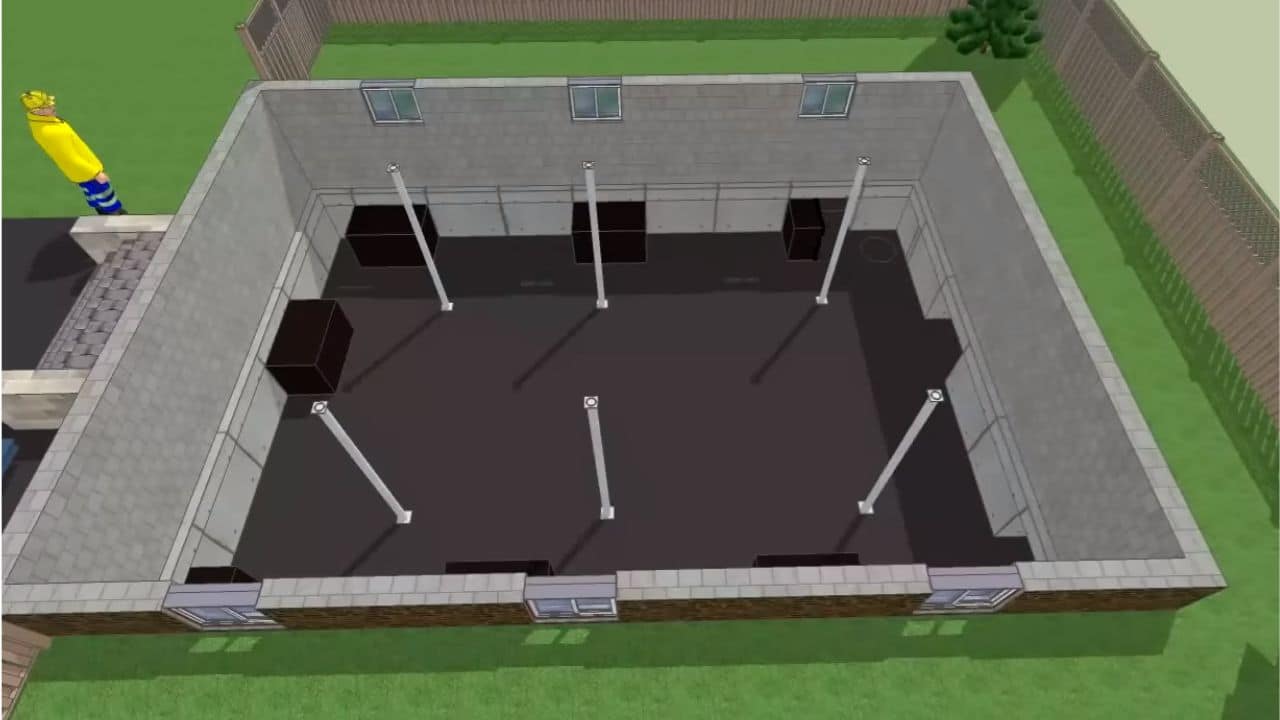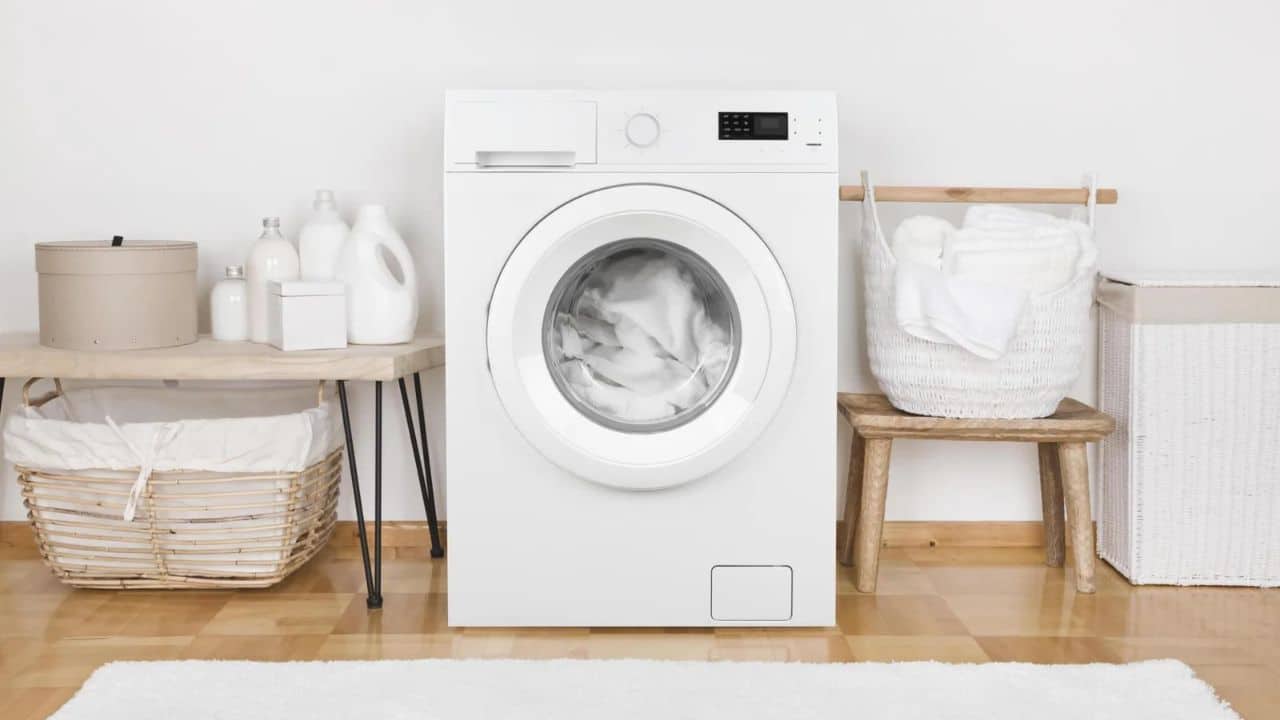You can expect the typical boiler to last anywhere from 12 to 15 years, but there are several ways for you to maximize your boiler’s lifespan to make sure that you really get the most out of it.
Boiler Maintenance Tips and Tricks: How to Get the Most Out of Your Boiler
Your boiler’s lifespan largely depends on how well you treat it. In fact, some boilers can last over 20 years if properly taken care of. In this guide, Corgi Home Care will share some ways to properly care for your boiler so that it has a long, efficient life.
1. Annual Servicing
You might think of the yearly boiler service as an unnecessary expense, but it is actually a very important measure for making sure that the boiler operates safely and efficiently and increases its lifespan.
If you have your boiler serviced regularly, any small issues can be identified and addressed before they turn into larger and more expensive problems. It is also important to mention that most boiler warranties are invalidated if you are unable to prove that you had an annual service undertaken by a qualified engineer.
If you buy a new boiler, you will receive free reminders of when your boiler service is due. Planning to buy a new boiler or get a new boiler on finance? Ask for a quote today! Get a free fixed price quote for a new boiler installed quickly.
2. Magnetic Filter Installation
A magnetic filter is a device that’s made of either plastic or metal that connects to pipes in the central heating system. The magnets within the filter are powerful enough to pick up any sludge that builds up gradually within the pipes over time, preventing it from getting into the boiler, which can not only make it inefficient but also reduce its lifespan. If you install a magnetic filter, you may enjoy a variety of benefits that a boiler maintenance professional can outline for you.
3. Using a Central Heating Inhibitor
A central heating inhibitor is a chemical compound used for preventing the build-up of sludge from rust, dirt, limescale, and other debris that forms in pipes and radiators, keeping your system running efficiently and smoothly. The chemicals in the inhibitor break down those minerals before they turn into sludge.
Preventing the buildup of rust and sludge is an essential part of prolonging the lifespan of your boiler since they can create blockages over time that may prevent water from properly passing through and, if left long enough, may lead to further damage if removal is attempted.
4. Power Flushing Your System
If you use a central heating inhibitor regularly or have a relatively new boiler, you probably won’t need a power flush anytime soon. If you have neglected proper boiler care over the years, however, and there’s now a buildup of sludge, a power flush will likely be necessary to shift it.
A power flush should ideally be done every 5 to 6 years, on average, to keep your boiler running properly and the heating in your home efficient. Still, you need to watch out for certain signs that will let you know when the time for a power flush has come. A qualified boiler professional can let you know exactly what signs to look out for.
5. Running the Boiler During Summer
While the consensus among most people is that there isn’t any need to use the central heating system during the warmer summer months, it isn’t advisable to leave it that long without running. If boilers remain inactive for several months, the system may become stagnant and develop blockages, leading to breakdowns and various other issues.
That’s why it is highly recommended that you run your boiler at least once during the summer months to prevent breakdowns that may shorten the lifespan of your boiler.
6. Pipe Insulation
Frozen pipes are one of the most common issues that engineers encounter during the colder months. Frozen pipes are not only an inconvenience but there’s also a risk of pipes bursting once they thaw because of how the ice causes pipes to expand.
Pipe insulation is a relatively simple DIY task that involves lagging the pipes in areas such as the garage and loft. If you lag the pipes, you will minimize heat loss and keep out the cold thus ensuring that water doesn’t freeze and that pipes don’t burst.
Lagging the pipes is far more affordable than having burst pipes fixed thus prolonging the lifespan of your system.
7. Bleed Your Radiators
Air can get into your system over time, causing air bubbles in your radiators that reduce your boiler’s efficiency. If you bleed your radiators when needed, you can ensure that your system runs efficiently and effectively. Experienced boiler maintenance professionals can show you how to bleed your radiators.













































